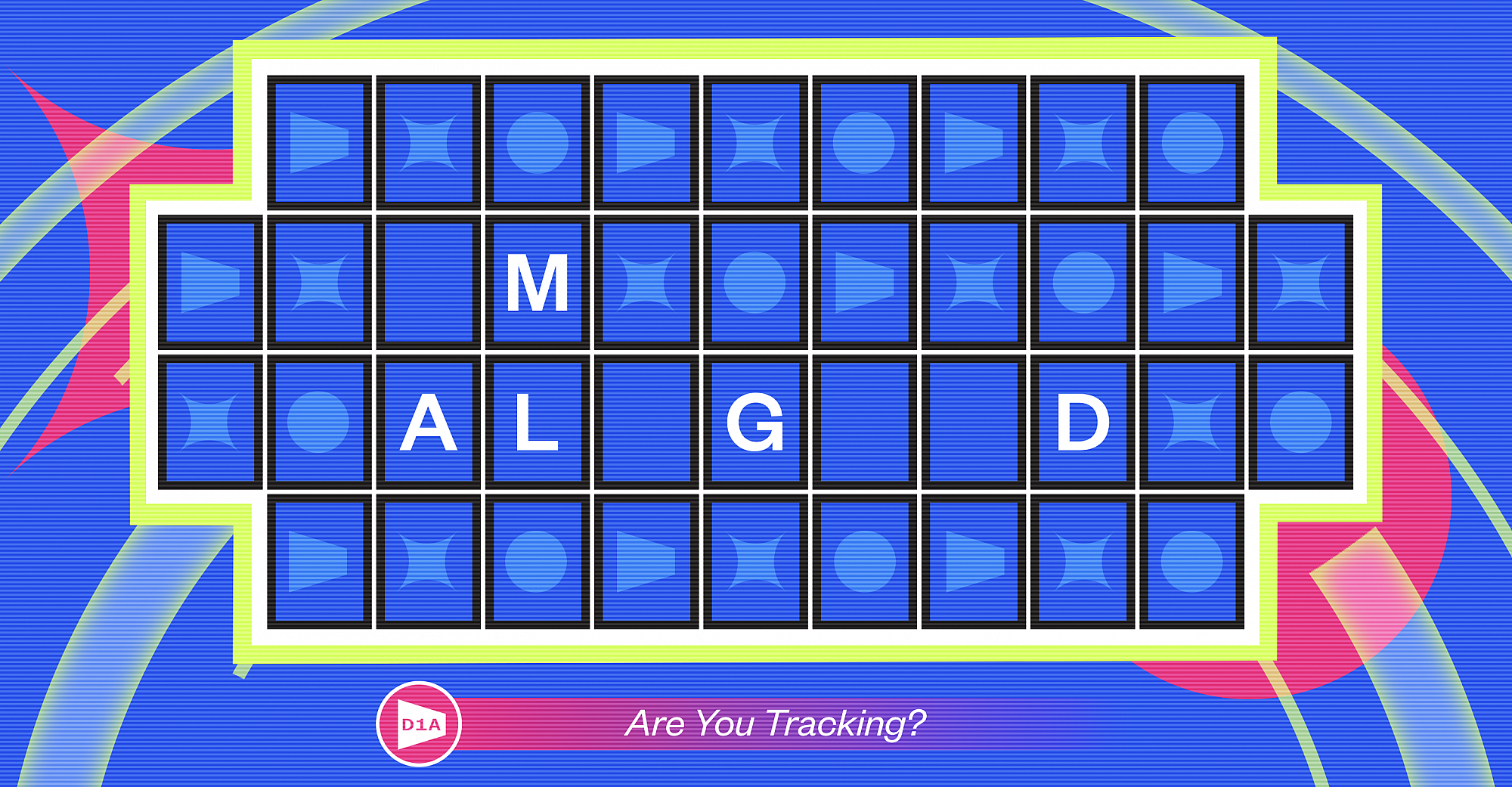As forecasters try to make sense of microtrends by affixing nouns with “-core” to create new terms and office dynamics continue to evolve to accommodate a hybrid work model—with a majority of meetings still taking place over Zoom (can you share screen?)—the invention of new terminology to discuss our work is constant. The result: jargon that can be opaque to those outside the agency world.
Gone are the Mad Men-days of pitching clients with pithy lines like, “What you call love was invented by guys like me to sell nylons.” Filtered through today’s vernacular, that might translate to something like, “What you call authenticity was workshopped by a core team of decision makers like me to reinvent nylon tights for Gen Z.”
But what does it mean when workplace jargon seeps out into the wider working world? Will our non-agency peers understand what we mean by “tracking towards an end of week all-hands”? Fortunately, we have the tools to help. Whether you circle back, ladder up or simply align, get ready to test and learn how your jargon knowledge stacks up in our first-ever quiz. It’s short, sweet and almost entirely subjective, so let’s dive in.
1Do you “align with” a creative direction or “align to” a creative direction?
2It’s crunch time! Which phrase best describes that feeling?
3How do you say, “I don’t understand”?
4Which of the following phrases denote making a decision? “Time to ___.”
5The client wants a process that’s more efficient. How *might* we communicate that to the team? “The client wants this to be more ___.”
6Which of these animal-related terms or phrases is not in the workplace jargon lexicon?
7Enough with the soft sounding! It’s time to land a direction. Are you ready to ___:
8Oh no! You urgently have to leave a Zoom call because another one’s on the books. Do you have a _______:
9Great point, Trey! What message could I drop in the Google Meet chat to agree with his call out?
10What is a “tissue session”?
11Help! There’s a bad idea in the mix. How do you gracefully remove it?
12What phrase would you use to imply that you’ll be regrouping, as opposed to following up?
Your Score:




